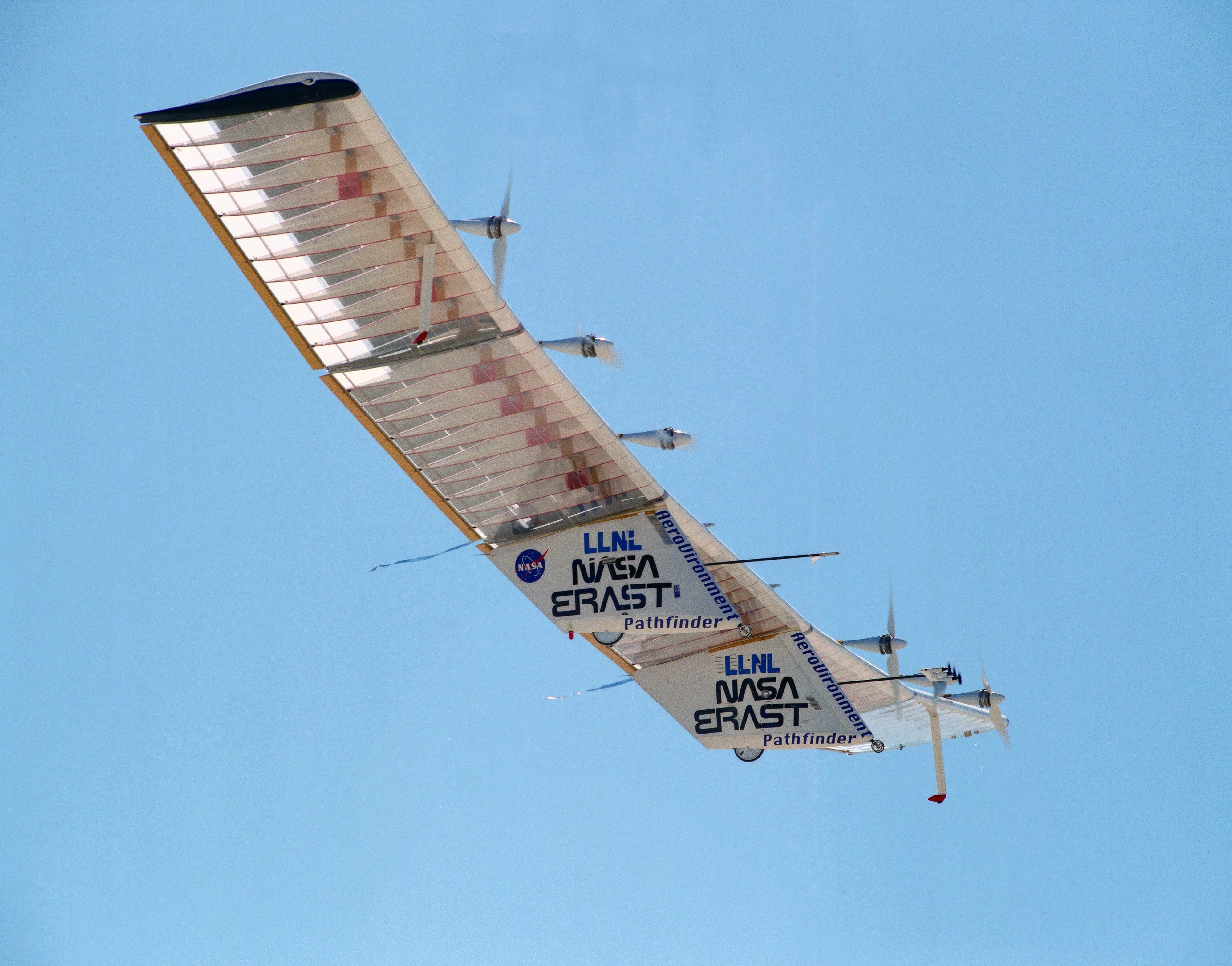Please login in order to download photos in full size
If you are not registered, please register for free: www.Free-Photos.biz/register
Please note to download premium images you also need to join as a free member..
You can also save the photos without the registration - but only in small and average sizes, and some of them will have the site's watermark. Please simply click your right mouse button and save the image.
Please login in order to like photos
If you are not registered, please register for free:
Sorry, non-members can download up to 1100 full-size photos per month.
It looks like you have used up your limit.
Free members can download an unlimited number of full-size photos - including the premium free photos.
Join as a member today for FREE! - and download the images without limitations:
www.Free-Photos.biz/membership.php
You can also save the images without the membership - but only in small and average sizes, and some of them may have the site's watermark. Please simply click your right mouse button and save the image.

|
This is a premium free photo
This photo was viewed 1 times and was downloaded in full size 0 times.
This photo was liked 0 times
Source page: |
http://commons.wikimedia.org/wiki/File:Pathfinder_Aircraft_in_Flight_-_GPN-2000-000165.jpg |
|---|
Summaryedit
| Description |
English: The Pathfinder research aircraft's wing structure was clearly defined as it soared under a clear blue sky during a test flight July 27, 1995, from Dryden Flight Research Center, Edwards, California.
The center section and outer wing panels of the aircraft had ribs constructed of thin plastic foam, while the ribs in the inner wing panels are fabricated from lightweight composite material. Developed by AeroVironment, Inc., the Pathfinder was one of several unmanned aircraft being evaluated under NASA's Environmental Research Aircraft and Sensor Technology (ERAST) program. Pathfinder was a lightweight, solar-powered, remotely piloted flying wing aircraft used to demonstrate the use of solar power for long-duration, high-altitude flight. Its name denotes its mission as the "Pathfinder" or first in a series of solar-powered aircraft that will be able to remain airborne for weeks or months on scientific sampling and imaging missions. Solar arrays covered most of the upper wing surface of the Pathfinder aircraft. These arrays provided up to 8,000 watts of power at high noon on a clear summer day. That power fed the aircraft's six electric motors as well as its avionics, communications, and other electrical systems. Pathfinder also had a backup battery system that could provide power for two to five hours, allowing for limited-duration flight after dark. Pathfinder flew at airspeeds of only 15 to 20 mph. Pitch control was maintained by using tiny elevators on the trailing edge of the wing while turns and yaw control were accomplished by slowing down or speeding up the motors on the outboard sections of the wing. On September 11, 1995, Pathfinder set a new altitude record for solar-powered aircraft of 50,567 feet above Edwards Air Force Base, California, on a 12-hour flight. On July 7, 1997, it set another, unofficial record of 71,500 feet at the Pacific Missile Range Facility, Kauai, Hawaii. In 1998, Pathfinder was modified into the longer-winged Pathfinder Plus configuration. |
| Date | |
| Source | |
| Author | NASA / Tony Landis |
| This image or video was catalogued by Armstrong Flight Research Center of the United States National Aeronautics and Space Administration (NASA) under Photo ID: EC95-43207-76. This tag does not indicate the copyright status of the attached work. A normal copyright tag is still required. See Commons:Licensing for more information. |
| This image or video was catalogued by Great Images in NASA of the United States National Aeronautics and Space Administration (NASA) under Photo ID: GPN-2000-000165. This tag does not indicate the copyright status of the attached work. A normal copyright tag is still required. See Commons:Licensing for more information. |
Licensingedit
| This file is in the public domain in the United States because it was solely created by NASA. NASA copyright policy states that "NASA material is not protected by copyright unless noted". (See Template:PD-USGov, NASA copyright policy page or JPL Image Use Policy.) |
 |
|
 |
Warnings:
|
| EXIF data: | |
| File name | pathfinder_aircraft_in_flight_-_gpn-2000-000165.jpg |
|---|---|
| Size, Mbytes | 2.5682734375 |
| Mime type | image/jpeg |
While the copyright and licensing information supplied for each photo is believed to be accurate, Free-Photos.biz does not provide any warranty regarding the copyright status or correctness of licensing terms. If you decide to reuse the images from Free-Photos.biz, you should verify the copyright status of each image just as you would when obtaining images from other sources.
The use of depictions of living or deceased persons may be restricted in some jurisdictions by laws regarding personality rights. Such images are exhibited at Free-Photos.biz as works of art that serve higher artistic interests.
PRIVACY POLICY
By registering your account and/or by subscribing to new and newly rated photographs you agree we may send you the links to photos and we may occasionally share other information with you.
We do NOT disclose your personal data.



